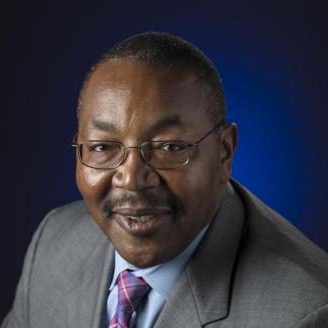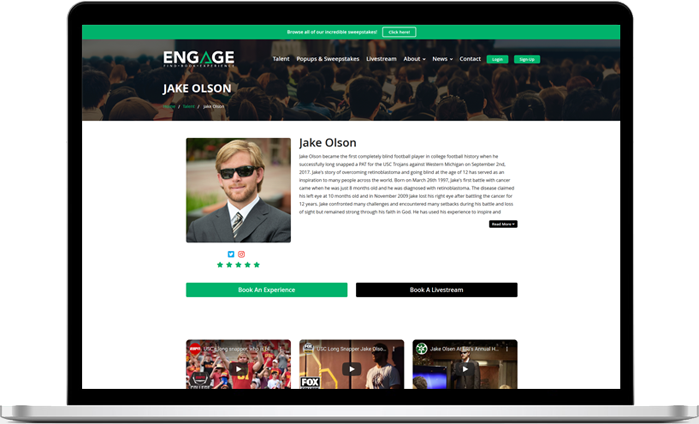A 33-year veteran of NASA, Gregory Robinson is the former director of the 10 billion dollar James Webb Space Telescope (Webb). With 100 times more power than its predecessor, the Hubble Telescope, Webb is considered one of NASA’s greatest achievements of the 21st century. Robinson’s role in not only turning around an over-budget program that was tarnished by a series of setbacks—but also raising its efficiency rating from 55% to 95%—is attributed to his winning leadership style and willingness to shake up the status quo. He is credited with radically streamlining communications with multiple stakeholders (including four different committees in Congress, the Office of Management, Budget, aerospace contractors, international space agencies, the White House, and more), smoothing political tensions, motivating teams, and elevating transparency. He also drew widespread praise for his calm, soft-spoken leadership and communications style, and effective oversight of nearly 20,000 scientists, engineers, and support staff in 29 countries and 14 U.S. states. Today, Webb is one million miles from Earth, transmitting never-before-seen images. Over its projected 20-year lifespan, the space observatory is expected to capture galaxies being born and record the very origins of the universe itself, in many ways thanks to Robinson’s quiet, unassuming, and highly effective leadership.
In honor of his achievements, Robinson was named to TIME Magazine’s 100 Most Influential People of 2022 and EBONY’s 2022 Power 100 lists and is a recipient of the TIME100 Impact Award. He was named 2022 Federal Employee of the Year and received the 2022 Distinguished Presidential Rank Award, one of the highest awards bestowed upon career senior executives by the President of the United States of America. His talents were also recognized by Columbia University, which recruited him to the faculty of the School of Professional Studies, where he now lectures on information and knowledge strategy and leads large, complex projects.
Before overseeing the Webb Space Telescope, Gregory Robinson’s roles at NASA ranged from leading 114 missions for the Science Mission Directorate to being intricately involved with the 21 shuttle launches following the Columbia Shuttle accident. Robinson joined NASA in 1989, after graduating from HBCU Howard University with a bachelor’s in electrical engineering, joining the slim ranks of Black professionals at the agency. His against-the-odds path to the highest levels of NASA began as the ninth of eleven children born to tobacco sharecroppers in segregated rural Virginia. Although Robinson had a notable talent for math and science, a football scholarship paid his way to Virginia Union University, where studied mathematics before transferring to Howard.
Over the course of 33 years at NASA, Robinson’s jobs included Deputy Associate Administrator for Programs, where he was responsible for more than 100 science missions; Deputy Center Director of NASA’s Glenn Research Center in Cleveland, Deputy Chief Engineer, and Deputy Assistant Administrator for the National Oceanic and Atmospheric Administration’s National and Environmental Satellite Data and Information Service. He also spent 11 years in various leadership positions at NASA’s Goddard Space Flight Center.
Robinson’s professional accolades include being named 2022 Federal Employee of the Year, the NASA Presidential Meritorious Executive Rank Award (2007), the NASA Presidential Distinguished Executive Rank Award (2013), and the 2022 Distinguished Presidential Rank Award. He was also a finalist in ‘Management Excellence” for the Samuel J. Heyman Service to America Medal.
In addition to undergraduate degrees from Howard and Virginia Union, Gregory Robinson holds an M.B.A. from Averett University and was a Senior Executive Fellow at Harvard. He is a past faculty member at the George Washington University, Department of Engineering Management & Systems Engineering.


























































